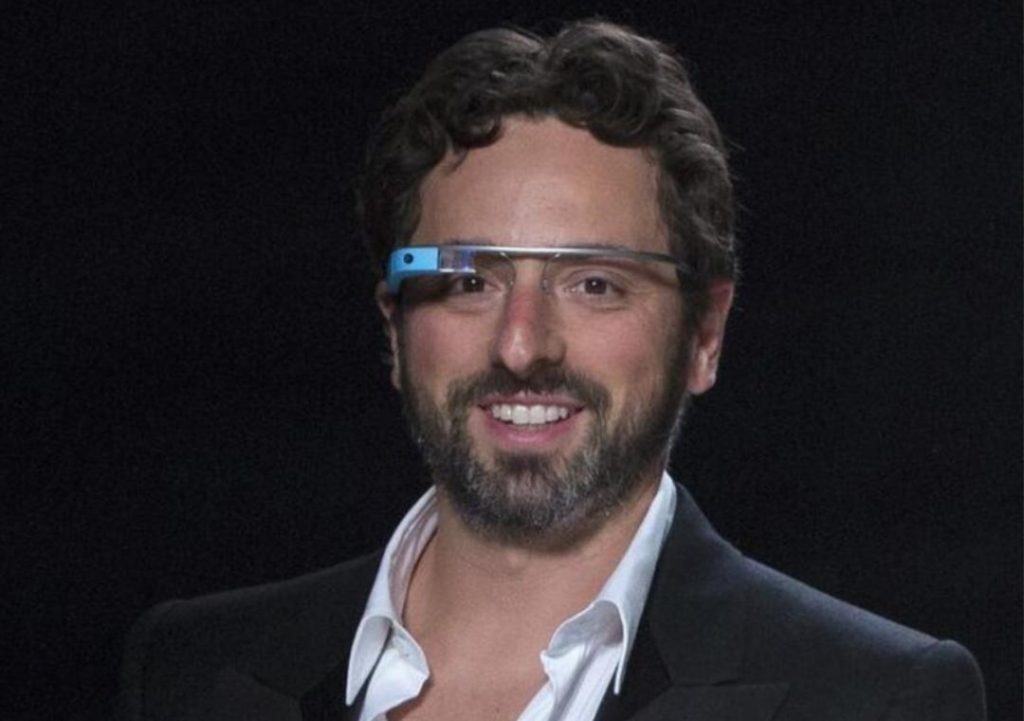
Google Glass Failed in 2013 as I Lacked Knowledge: Sergey Brin
In 2013, Google launched its ambitious project, Google Glass, with much fanfare. The wearable device was touted as a revolutionary technology that would change the way we interact with the world. However, the product failed to make a significant impact, and it was eventually discontinued. Recently, Google Co-founder Sergey Brin spoke about the reasons behind the failure of Google Glass, and it’s an eye-opener.
According to Brin, the main reason behind the failure of Google Glass was his own lack of knowledge about supply chains. In an interview with News18, Brin revealed that he underestimated the complexity of building a global supply chain and managing it effectively. “I didn’t know enough about supply chains, and I didn’t realize how hard it was to get the supply chain right,” Brin said.
Google Glass was a complex product that required a vast supply chain to manufacture and distribute. Brin acknowledged that he didn’t have the necessary expertise to manage this complex process, which led to delays, quality control issues, and ultimately, the failure of the product.
Another key factor that contributed to the failure of Google Glass was the lack of AI technology at that time. Brin admitted that the product was released too early, when AI technology was not yet mature enough to power the device effectively. “We didn’t have the AI technology at that time, and we were trying to do too many things with the device,” Brin said.
The lack of AI technology made Google Glass a clunky and inefficient device that struggled to deliver on its promises. The product was criticized for its poor battery life, limited functionality, and lack of user-friendly interface. Brin acknowledged that the product was not ready for prime time, and it suffered as a result.
In addition to the lack of AI technology, Brin also pointed to a technology gap as another reason for the failure of Google Glass. According to Brin, the product was released before the technology was ready, and it struggled to keep up with the demands of users. “We were trying to push the technology too hard, and it didn’t work out,” Brin said.
The failure of Google Glass was a significant setback for the company, but it has not deterred Brin from learning from the experience. In recent years, Google has made significant progress in AI technology, and it has applied this knowledge to develop new products and services.
In fact, Google has just unveiled the reconstruction of its smart glass using GenAI and Android XR. The new product is designed to learn from the user’s behavior and adapt to their needs. Brin’s comments on the failure of Google Glass may be seen as a nod to the company’s willingness to learn from its mistakes and improve its products.
The failure of Google Glass is a valuable lesson for any entrepreneur or innovator. It highlights the importance of understanding the complexity of supply chains, the need for AI technology to drive innovation, and the importance of waiting for the right technology to emerge before launching a product.
In conclusion, the failure of Google Glass in 2013 was a significant setback for Google, but it has not deterred the company from learning from the experience. Sergey Brin’s comments on the failure of the product are a valuable reminder of the importance of understanding the complexity of supply chains, the need for AI technology, and the importance of waiting for the right technology to emerge before launching a product.






